‘Wonder’ tells the story of August “Auggie” Pullman, a boy with a facial difference, and his parents who support him in facing the many challenges of attending school for the first time. Starring Julia Roberts, Owen Wilson, and Jacob Tremblay, the 2017 drama film catches the Pullman family’s experiences and the impact Auggie has on those around him, including new classmates and teachers.
Based on R. J. Palacio’s eponymous children’s novel, the Stephen Chbosky-directed drama presents the emotional and social dynamics of growing up with a visible difference, with heartfelt explorations of kindness, acceptance, and the struggles of fitting in. For viewers who like coming-of-age stories that do not shy away from highlighting serious subjects, here are ten films like ‘Wonder’ that they can watch.
10. Smile (2005)
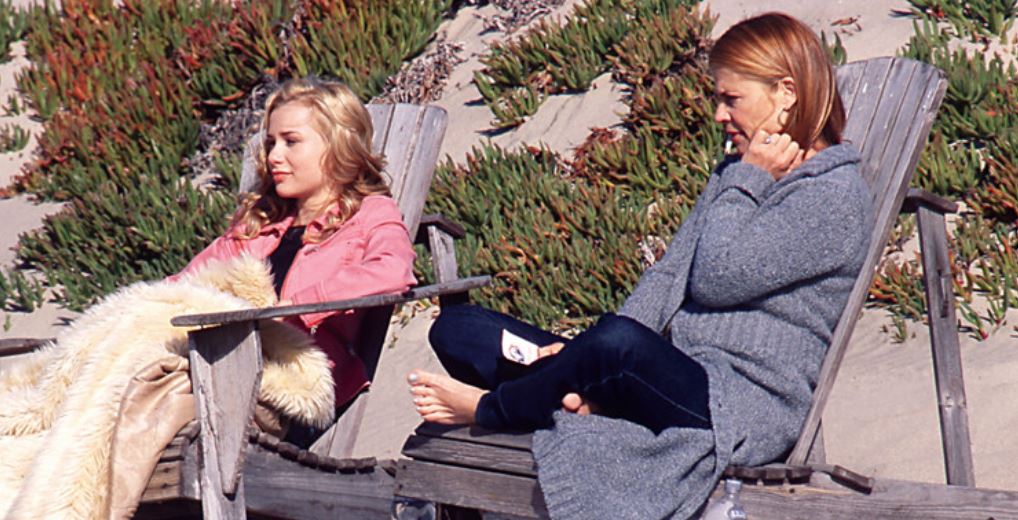
This relatively unknown coming-of-age drama follows the journey of Katie, a high school student from Malibu, who travels to China as part of a volunteer program providing children with cleft palate surgeries. As Katie immerses herself in the cultural and emotional challenges of the trip, she befriends Lin, a Chinese girl awaiting surgery, and experiences a profound personal transformation. Directed by Jeffrey Kramer, ‘Smile’ lives up to its name thanks to its compassionate and motivating nature. Both ‘Smile’ and ‘Wonder’ thrive on the promising evolution their protagonists experience as they look beyond physical appearances. Furthermore, the cultural differences in ‘Smile’ correspond to the alienation Auggie goes through at his new school.
9. Dear Evan Hansen (2021)
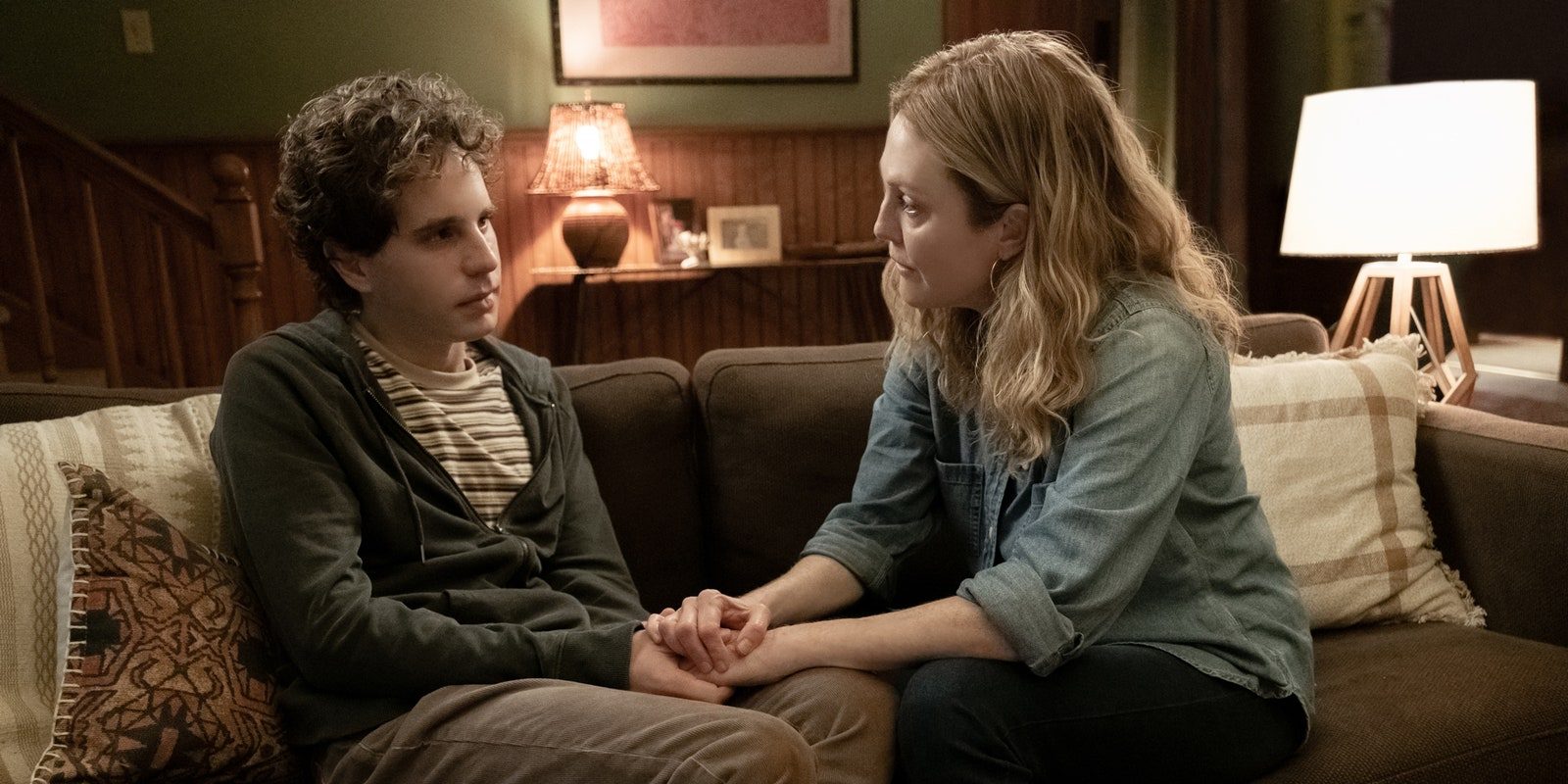
Also directed by Stephen Chbosky, this coming-of-age drama revolves around a high school student with social anxiety who inadvertently becomes involved in a lie following a classmate’s death. Steven Levenson adapted his award-winning musical play for the screen while retaining its songs for an authentic musical experience. It focuses on Evan Hansen’s struggles with anxiety and the emotional fallout and how his therapist advises him to write motivational letters. The story encounters a major twist when one such letter is found amidst the possessions of a kid who has just taken his own life.
In a heartfelt revelation, the deceased’s parents track Evan down, believing him to be a friend of their son, a lie Evan must play along with due to his anxiety. The connection between ‘Dear Evan Hansen‘ and ‘Wonder’ is evident in the shared themes of overcoming personal challenges and the importance of empathy and understanding. Both of Chbosky’s works emphasize the emotional journeys of their protagonists as they learn different faces of mental health, the search for belonging, and the impact of seemingly small actions on others amidst complex social environments.
8. Eighth Grade (2018)
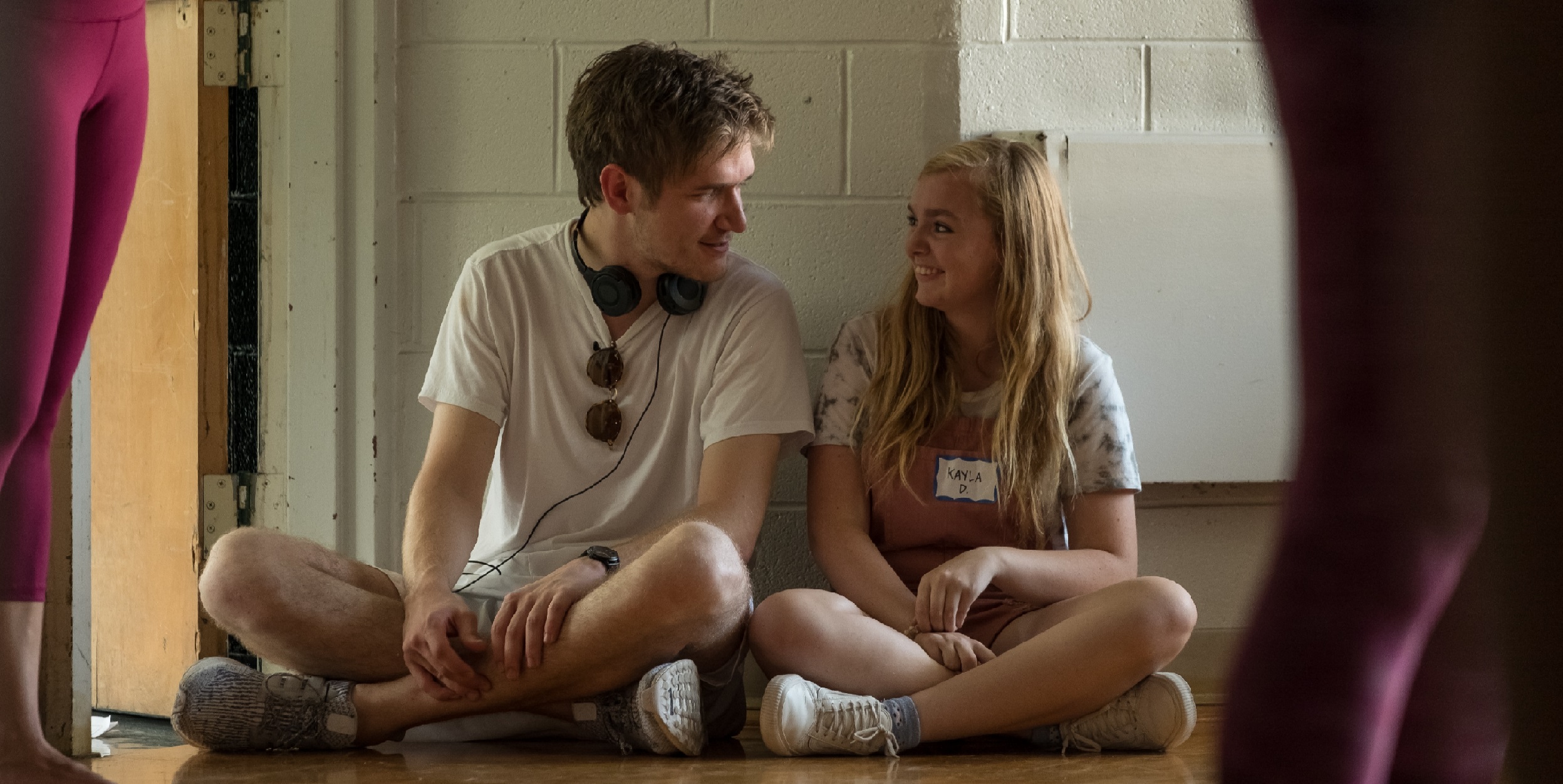
‘Eighth Grade’ tells the story of 13-year-old Kayla Day (Elsie Fisher) Day during her last week of middle school. Kayla, who finds it difficult to have in-person conversations due to social anxiety, nevertheless attempts to live her adolescent years by maintaining an online persona that differs from her real-life experiences. Josh Hamilton stars as Kayla’s father, whose parenting embodies perfect doses of fatherly love and independence that parents should let their kids have at such ages.
Helmed by writer-comedian Bo Burnham in his directorial debut, the middle school drama captures the awkwardness and vulnerability of early teenage years with realistic innocence and a hint of humor. Forming a bridge between ‘Wonder’ and ‘Eighth Grade’ are the personal insecurities and the desire for acceptance that many children deal with. Furthermore, the acclaimed A24 film similarly opts for nuanced storytelling rather than relying on external conflicts, thus making it into a heartwarming and relatable journey.
7. The Elephant Man (1980)
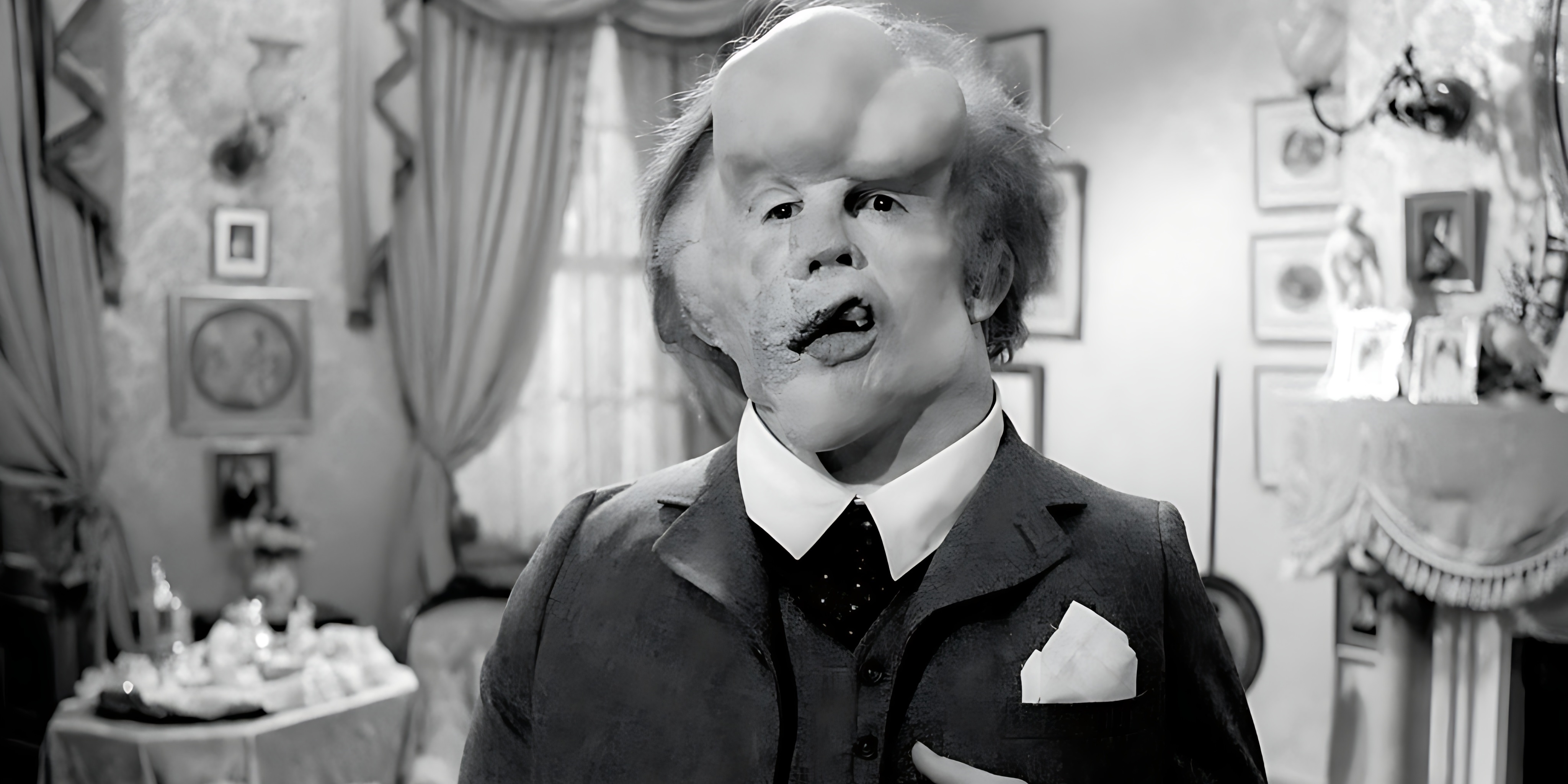
Auteur David Lynch’s biographical drama narrates the story of Joseph Merrick, a performance artist who participated in various freak shows under the stage name “Elephant Man.” Recounting the events described in the biographies ‘The Elephant Man and Other Reminiscences,’ authored by Frederick Treves, and ‘The Elephant Man: A Study in Human Dignity,’ authored by Ashley Montagu. A man with severe facial deformity, Merrick’s life in 19th century London is made alive by John Hurt, as he faces public scrutiny and cruelty due to his appearance.
The film follows his journey from a circus exhibit to becoming a figure of compassion and dignity, thanks to the remarkable support of Dr. Frederick Treves (Anthony Hopkins). Like ‘Wonder,’ Lynch’s acclaimed drama is largely rooted in the themes of acceptance, human dignity, and the impact of facial deformity on one’s life. Both films highlight the importance of the inner strength of individuals who face societal prejudice and the empathy they deserve from others.
6. Ben is Back (2018)
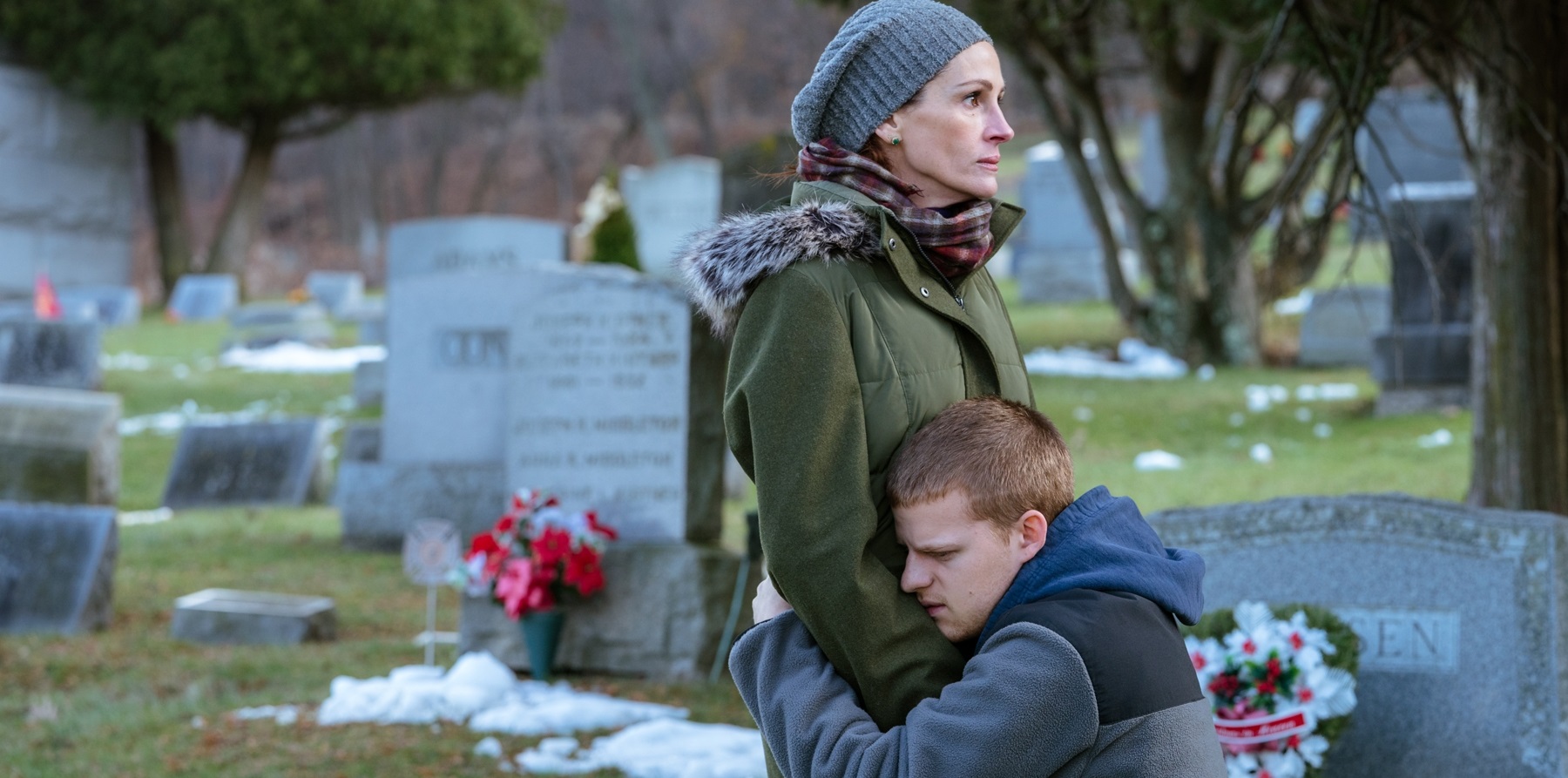
‘Ben is Back‘ is another feature film to star Julia Roberts in a mother’s role: Holly Burns. It revolves around the unexpected return of Holly’s son, Ben (Lucas Hedges), a young man with severe drug addiction, to his family’s home on Christmas Eve. Directed by Peter Hedges, the story continues to elevate numerous displays of dysfunctional relationship dynamics as family members often revert to the origin of their trust issues and blame games.
Amidst all the complexities, Holly showers her son with motherly love, fighting to keep him safe for 24 hours. Both ‘Wonder’ and ‘Ben is Back’ depict strong family bonds and exemplary ways to deal with personal and societal dilemmas. The emphasis on unconditional love and perseverance is similar in the two stories, and the values of affection and mutual trust are empowered as the greatest weapons to overcome such sociological barriers.
5. CODA (2021)

Siân Heder’s heartwarming comedy-drama is about Ruby Rossi (Emilia Jones), the only hearing member in a family where everyone else is hearing impaired. Ruby discovers her passion for singing and dreams of attending the Berklee College of Music while also devoting some of her time to her family’s fishing business. The Academy Award-winning film beautifully captures the balance between pursuing personal aspirations and supporting family needs. Like ‘Wonder,’ the heart of ‘CODA‘ lies in dealing with the skepticism faced by individuals who feel different. Both films highlight the importance of understanding within families, showcasing how love and support can sometimes help convert obstacles into opportunities.
4. Chained for Life (2019)
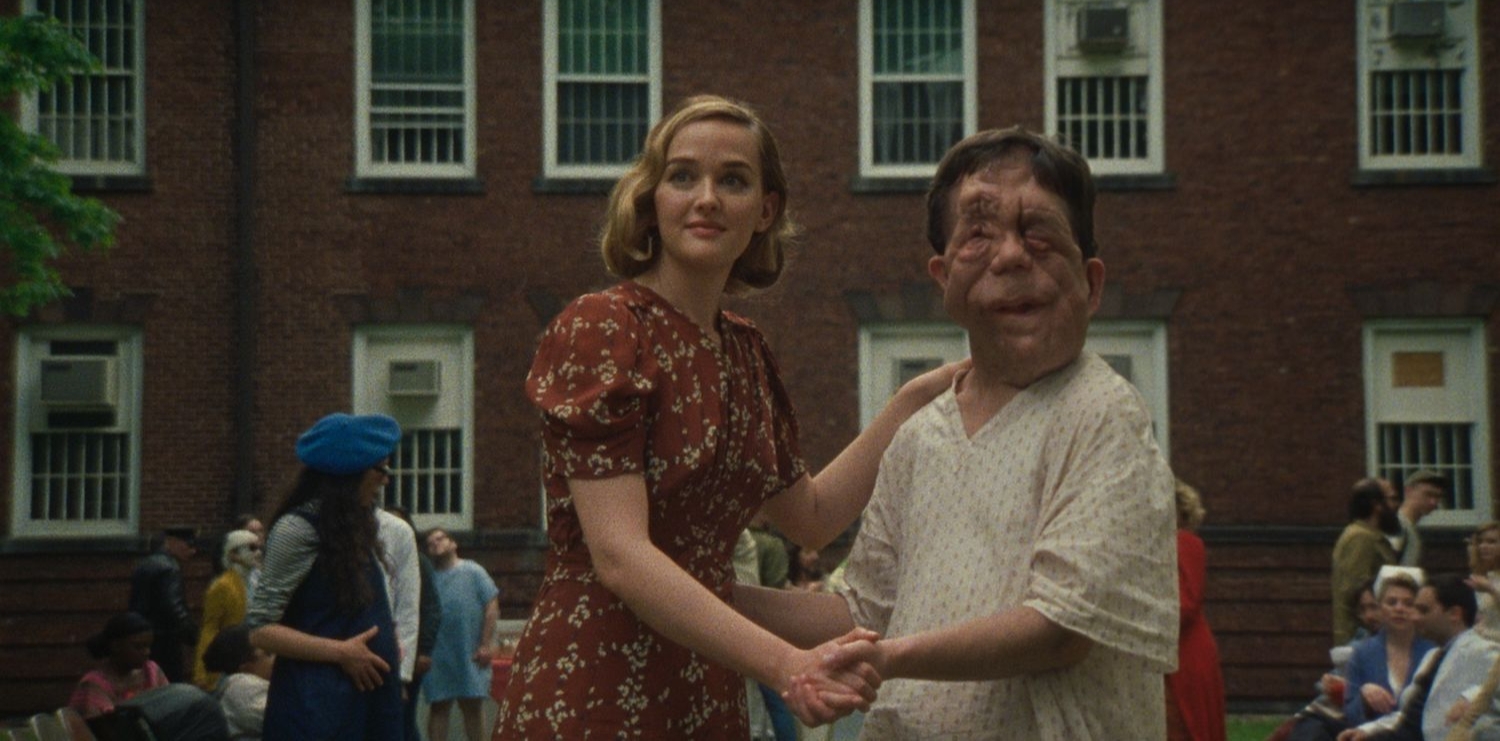
Aaron Schimberg’s indie drama brings a unique touch of surrealism and humor in its exploration of the lives of an actor with physical differences working on a horror film set. Starring Jess Weixler and Adam Pearson, the original screenplay focuses on the evolving perspective of lead actress Mabel towards her co-star Rosenthal, a man with a facial deformity. The story is stuffed with direct and indirect remarks on the complexities of professional relationships, the representation of people with disability in media, and the industry’s on-screen treatment of physical differences.
With its humorous notions, the narrative blurs the lines between reality and fiction, providing a thought-provoking commentary on beauty standards and societal perceptions and, thus, mirroring the same message as ‘Wonder.’ Like the Julia Roberts-starrer, ‘Chained for Life’ encourages audiences to look beyond superficial judgments and empathize with individuals who are often marginalized by society.
3. 37 Seconds (2020)
‘37 Seconds‘ is a Japanese drama that tells the story of Yuma Takada (Mei Kayama), a 23-year-old manga artist with cerebral palsy. Directed by Hikari, Yuma’s journey faces hurdles beyond physical difficulties and brings her face-to-face with the wrath of societal and familial expectations, which oppose her quest for independence and recognition. Yuma’s determination keeps showing her the right direction to gain personal and professional freedom amidst new experiences, friendships, and the challenges of living with a disability.
Both ’37 Seconds’ and ‘Wonder’ do admirable jobs in giving their protagonists many more dimensions than merely a person tackling living with a disability. The movies instead highlight their quests for acceptance and self-worth — Auggie’s dream to attend school like any other kid and Yuma’s preference for having a career — which are soon joined by their resilience, a new kind of strength found in personal connections.
2. The Miracle Worker (1962)
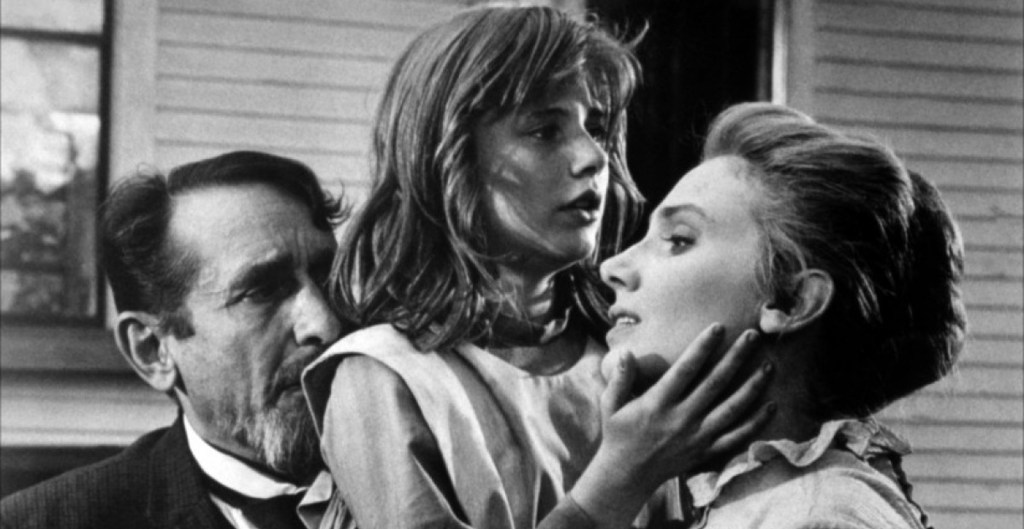
Chronicling the extraordinary life of Helen Keller, ‘The Miracle Worker’ adapts her autobiography, ‘The Story of My Life’ and the eponymous play written by its screenwriter William Gibson. Starring in the drama are Patty Duke as a 15-year-old Keller, a deaf and blind girl, and Anne Bancroft as her teacher, Anne Sullivan. Embodying performances that won both actresses Academy Awards, the plot revolves around Anne’s efforts to teach Helen communication skills despite initial resistance and skepticism from Helen’s family.
Directed by Arthur Penn, the biopic portrays the transformative journey of both Helen and Anne as they overcome obstacles and forge a deep bond. Similar to ‘Wonder,’ this depiction of a true story explores determination, passion, and perseverance as the most prominent forms of the transformative power of education. Both films depict the challenges faced by individuals with disabilities and people who stand by them thick and thin, highlighting the profound impact of supportive relationships and the resilience of the human spirit in shattering the biggest of life’s obstacles.
1. What’s Eating Gilbert Grape (1993)
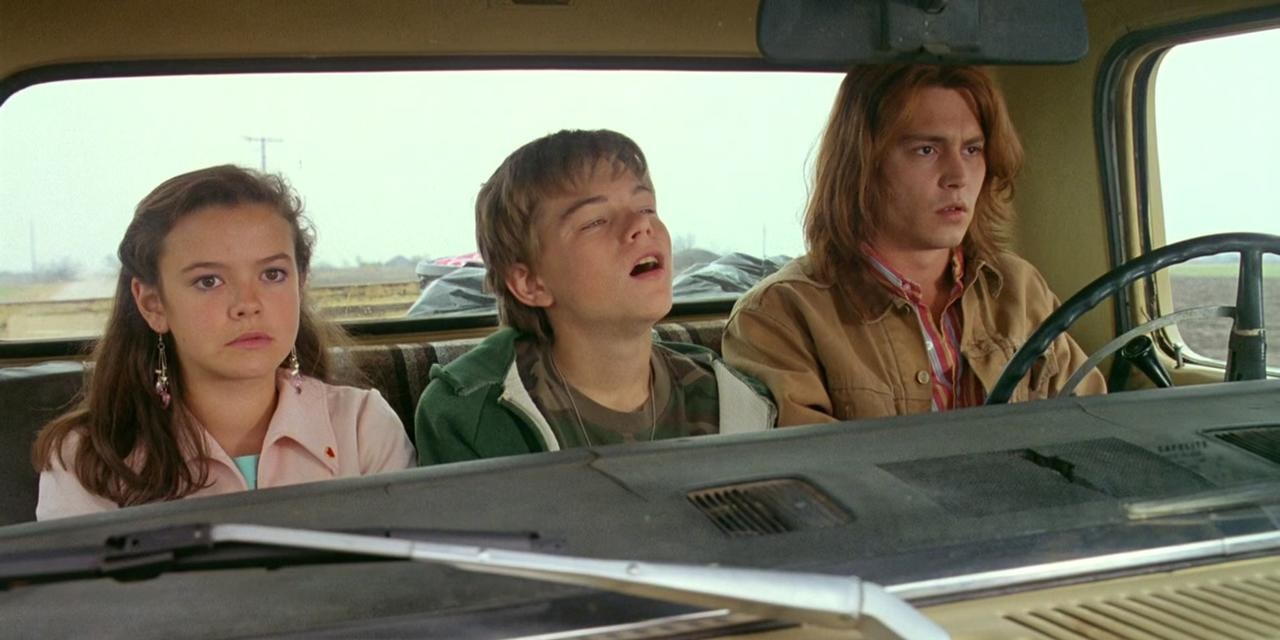
This small-town tale stars Johnny Depp and Leonardo DiCaprio — in his first-ever Academy Award-nominated performance — as brothers Gilbert and Arnie Grape. Gilbert lives an unsatisfying life, caring for his mother, Bonnie, who has obesity, and Arnie, who has autism. The story covers the difficulties the Grape family faces, including Gilbert’s reluctant choice to accept responsibilities at the cost of personal dreams and giving up the yearning for a better life. With the backdrop of a struggling rural community, director Lasse Hallström adds a layer of authenticity to the narrative.
Both ‘What’s Eating Gilbert Grape‘ and ‘Wonder’ highlight the emotional weight of familial obligations and the trials of those who care for family members with special needs. The films explore themes of familial love, repressed emotions, compassion, and the struggle for personal fulfillment amidst life’s challenges. They also stress the transformative power of empathy and the strength of close-knit bonds. Moreover, the two dramas balance their emotional sides with an adequate amount of lighthearted moments the families experience when the external pressures of society are locked outside of their homes.

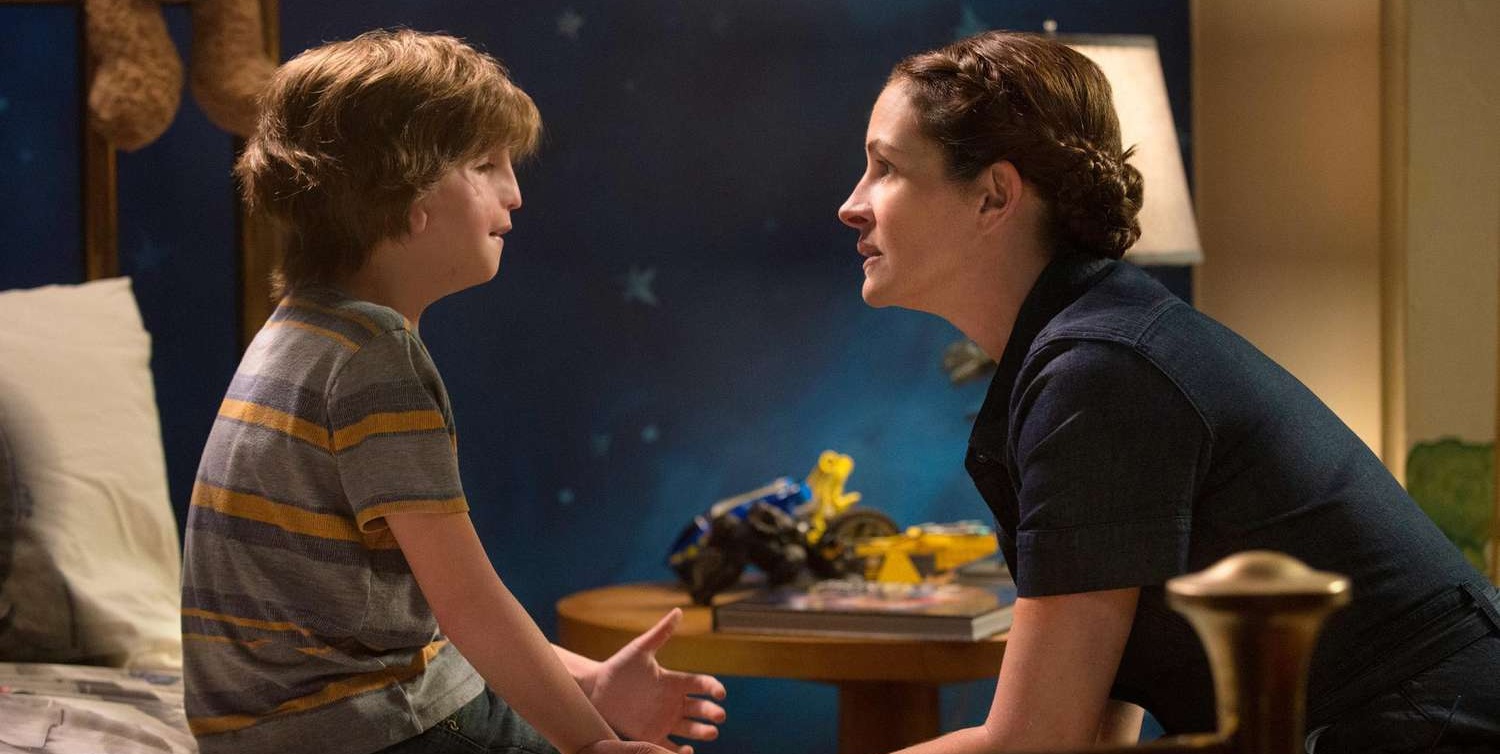
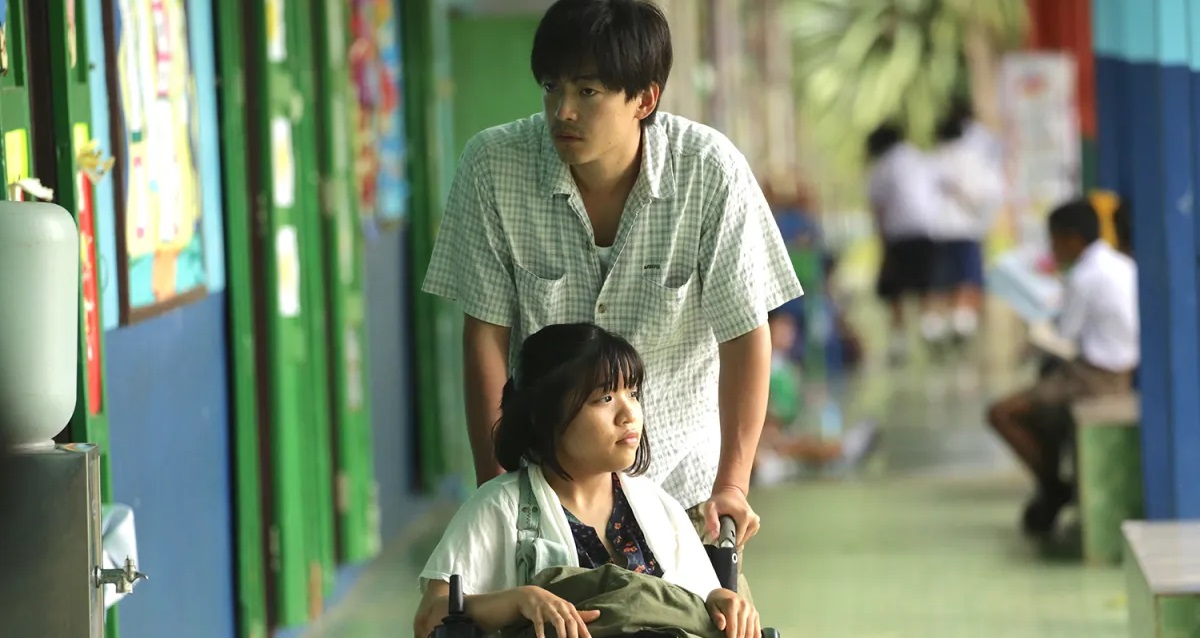
You must be logged in to post a comment.